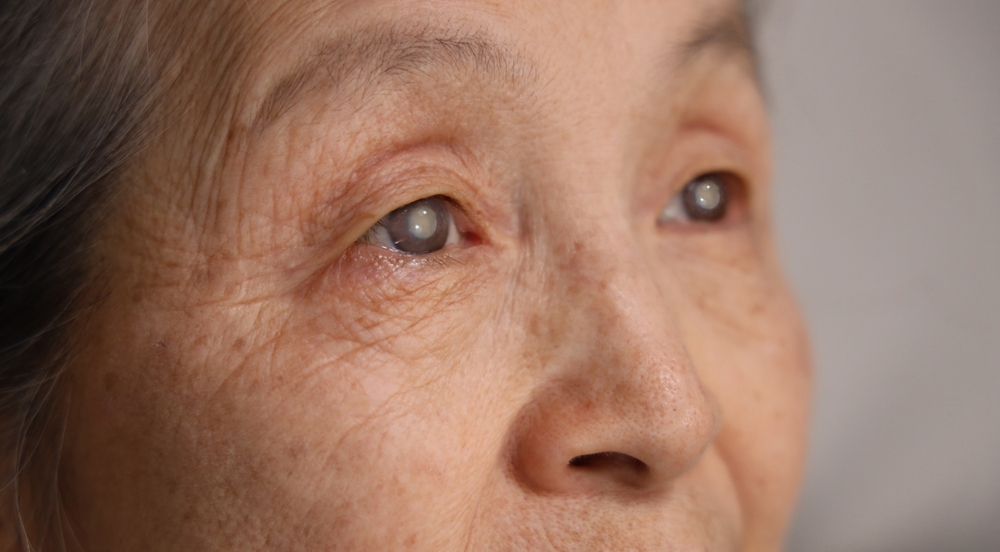
Cataracts are a common part of aging, but that does not mean you have to live with the frustrating effects on your vision. Understanding what cataracts are, what cataract surgery involves, and the key signs that surgery might be the right option can help you take the next step toward clearer sight and a better quality of life.
Understanding Cataracts
A cataract is the clouding of the eye’s natural lens, which lies behind the iris and pupil. This cloudiness can cause blurry vision, glare, difficulty seeing at night, and faded colors. Cataracts often develop slowly and may not impact vision significantly at first. However, over time, they can interfere with everyday activities such as reading, driving, and recognizing faces. Cataracts are most commonly associated with aging, but they can also develop due to factors like diabetes, certain medications, eye injuries, or prolonged exposure to ultraviolet light.
What Is Cataract Surgery?
Cataract surgery is a safe and highly effective procedure where the clouded lens of the eye is removed and replaced with a clear artificial lens, known as an intraocular lens (IOL). The procedure is typically performed on an outpatient basis, meaning you can go home the same day. Thanks to advances in surgical techniques and lens technology, many patients experience improved vision almost immediately after surgery with minimal downtime.
When Is It Time to Consider Cataract Surgery?
Cataract surgery is usually recommended when cataracts begin to affect your daily life. Here are key signs that it might be time to explore your treatment options:
Blurred or Cloudy Vision: If your glasses no longer seem to help and your vision remains hazy, a cataract may be to blame.
Difficulty with Night Vision: Increased glare from headlights or streetlights can make driving at night more dangerous.
Increased Sensitivity to Light: Bright sunlight or indoor lighting causing discomfort could be a sign of cataract progression.
Colors Seem Faded: Cataracts can dull or yellow the appearance of colors, making the world around you seem less vibrant.
Double Vision in One Eye: Experiencing double vision or seeing “ghost images” can be another indication.
Frequent Prescription Changes: If you notice you need new glasses or contact lens prescriptions more often, cataracts may be progressing.
Trouble Performing Daily Activities: Struggling to read, cook, watch TV, or engage in hobbies you love may suggest it is time to consider surgery.
Schedule Your Comprehensive Eye Exam Today
Living with cataracts does not have to be your new normal. If you are noticing changes in your vision that affect your everyday life, it may be time to explore cataract surgery. At Holicki Eye Centers and Optical, we are committed to helping you regain the clear, vibrant vision you deserve through personalized care and advanced treatment options.
If you are wondering whether you are eligible for cataract surgery, contact Holicki Eye Centers and Optical to learn more about your options and start your journey toward clearer vision. Visit any of our offices in Sturgis and Coldwater, Michigan, or Angola, Indiana. Please call (269) 659-4545, (517) 279-7927, (260) 665-5015, or visit our website to book an appointment today.




